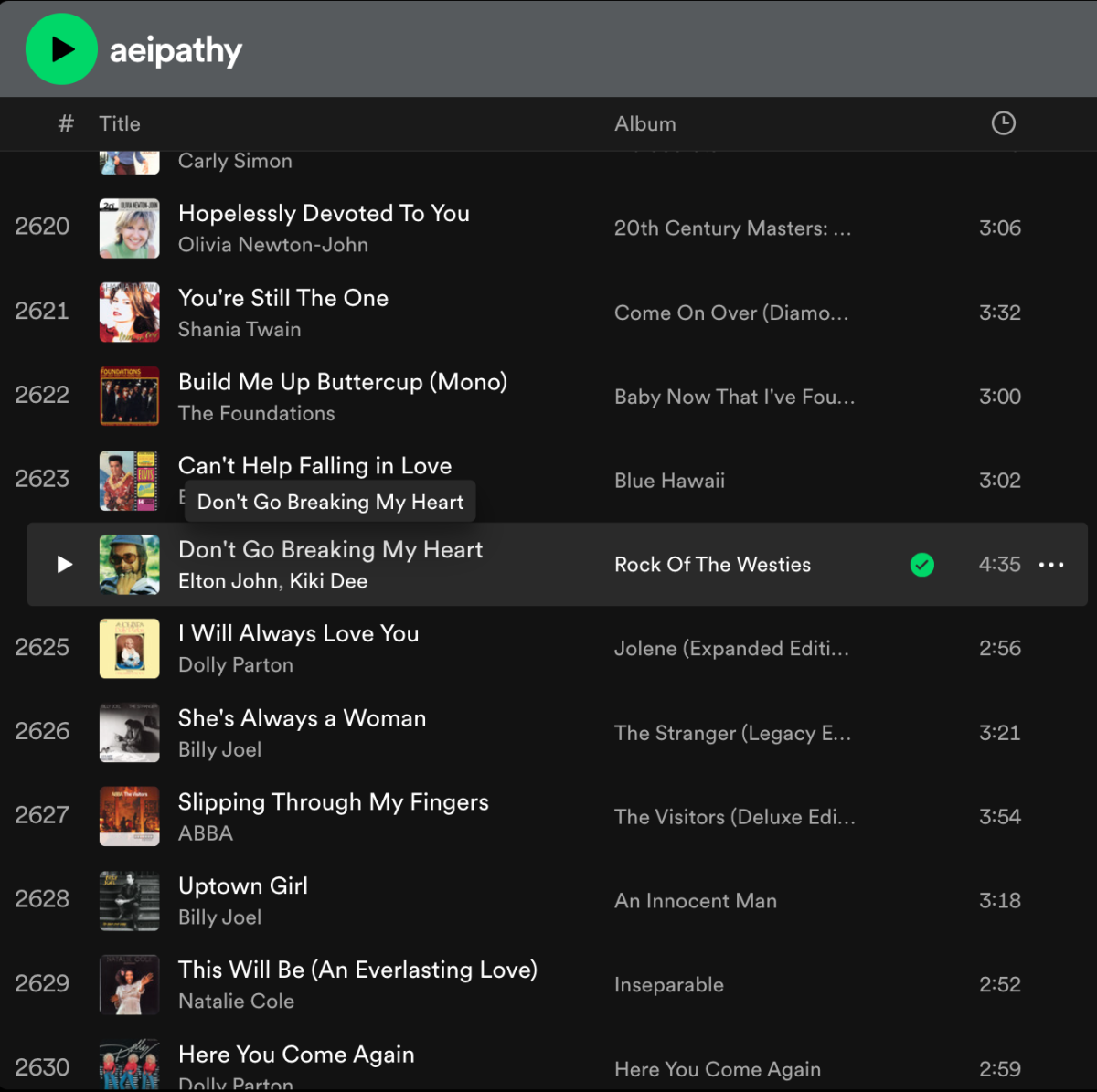1917 is the new standard of what a movie can be
There’s something eerily powerful about starting a movie with “based on a true story,” knowing that what you are about to watch is rooted in reality, with real-life serving as almost more than inspiration.
1917 took this deeper, proceeding the film with a dedication to director Sam Mendes’ grandfather, Alfred Mendes, who served in World War I. Knowing that you are about to watch is based on truth but also so deeply personal gives an additional expectation of what the movie will bring.
And with the utmost certainty, I can say that 1917 delivers, exceeds, shatters, insert cliche of your choice, all expectations.
Mendes based the plot, loosely, around a story told to him by his grandfather, one of the dangerous trenches and surviving in the infamous no man’s land. 1917 follows two relatively unknown actors, Dean-Charles Chapman and George McKay, as two relatively insignificant lance corporals, Blake and Schofield. They’re tasked with delivering a message, across enemy lines and through no man’s land, to stop troops from walking into a German trap. The fate of 1,600 men lie in their trip, Blake’s brother included.
What follows is two hours, in real-time, of their journey. If that premise doesn’t grab you enough, fear not, there’s more. Mendes, along with the astute brilliance that is Roger Deakins and his cinematography, managed to film the movie as if it were all done in one lone, singular take. Achieved through lengthy shots and cleverly placed camera movements, it truly feels like the camera never breaks away from the action, creating the most intimate sense of filmmaking I’ve seen in a very long time.
War is hell. War is suspenseful. War is futile. None of these themes are new. Countless war films have covered them, and beautifully at that. What 1917 did though, in its own idiosyncratic way, was prove just how real it can be.
Because of the no-cuts style of filming, the audience never gets to see the two men take a break. It’s two hours of just constant progression. Everything they go through, the viewer is right there with them. No cinematic breaks or glamourized montages, just simply getting to watch two people live through a nightmarish time in history. 1917 is a catalyst to experience even just a mere sliver of what real soldiers had to go through. I was gasping in huge gulps of air in surprise. I was openly sobbing—multiple times— in deep empathy for what they endured. I cringed and covered my mouth and had genuine goosebumps. I was transported.
Seen on a big screen, how the movie should be seen, 1917 feels like a time machine.
Even for a movie without an overwhelming amount of dialogue, the writing wows. There’s little to no exposition. No cheating with details, instead backstories were revealed in snippets of conversation and through action.
But respects need to be paid to more than just the technological wonders. The acting was phenomenal. If the two leads were household names, no doubt in my mind they’d be Oscar-nominated. Chapman played the more boyish of the two, bringing a little bit of levity and a lot of good-natured grit and charm. McKay played the more seasoned soldier, but his stoicism had a silent strength. Both men had moments of fragility and humanity, eyes in the center of a storm like war. It made sense that “no-names” were cast in the role. The boys were simply that, boys. Two tiny people simply thrust into a situation that required them to become more than themselves and play the hero.
Though if movie stars are what you’re after, the cameos in this movie deliver. Short—but memorable—performances from the likes of Collin Firth, Benedict Cumberpatch, Richard Madden, Mark Strong, and more are peppered in. But none overstay their welcome, and the ever-moving, ever-pressing camera pushes back towards the narrative of the two protagonists.
All aspects of the movie are intentional; the nature of the shooting makes it so. 1917, even with its late in the game release, is already an award season darling. Tying for the second-most amount of Academy Awards this season, a humble ten, it’s more than sure to bring home a few golden statues.
But, the power of this movie will past just the Oscars. 1917 is more than just a technological juggernaut. It’s a two-hour long shot of adrenaline that leaves you emotionally tired but satisfied and proud of human capability.

Meredith VanSkiver is a senior entering her final year on staff, which makes her bittersweet but still ready to work. In addition to The Central Trend, she...


























































































